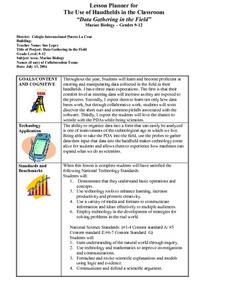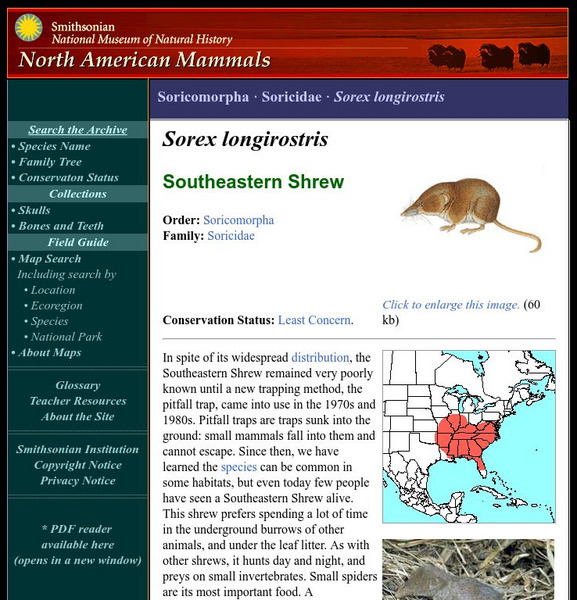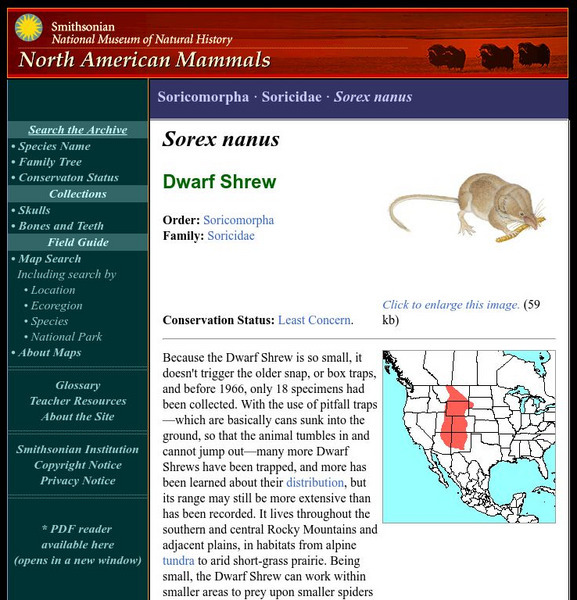Serendip
Food Webs, Energy Flow, Carbon Cycle, and Trophic Pyramids
The reintroduction of a species to an area doesn't always go as expected. Scholars learn about the reintroduction of wolves into Yellowstone National Park with a video, reading, and discussion questions. They complete a hands-on activity...
Curated OER
??Data Gathering in the Field??
Students demonstrate that they understand basic operations and concpets, students further use technology to enhance learning, increase productivity and and promote their creativity. Students gain an understanding of the world through...
Curated OER
Migration Activation
Students play the role of migrating birds. As a class, they simulate a migration of birds to one place and back again. They relate their habitat size and changes to their current population numbers. They discover the many dangers of...
Curated OER
Fun with Flowers
Students make observations of flowers. In this life science lesson, students look at flowers, then draw and color their favorite flowers. Lesson includes extension activities.
TeachEngineering
Teach Engineering: This Landfill Is a Gas!
In this activity, students work as engineers to build and observe a model landfill. They will understand the process and pitfalls of the use of landfills as a method for the waste disposal.
Smithsonian Institution
National Museum of Natural History: American Mammals: Southeastern Shrew
In spite of its widespread distribution, the Southeastern Shrew remained very poorly known until a new trapping method, the pitfall trap, came into use in the 1970s and 1980s. Pitfall traps are traps sunk into the ground: small mammals...
Smithsonian Institution
National Museum of Natural History: American Mammals: Dwarf Shrew
Because the Dwarf Shrew is so small, it doesn't trigger the older snap or box traps, and before 1966, only 18 specimens had been collected. With the use of pitfall traps, which are basically cans sunk into the ground so that the animal...






